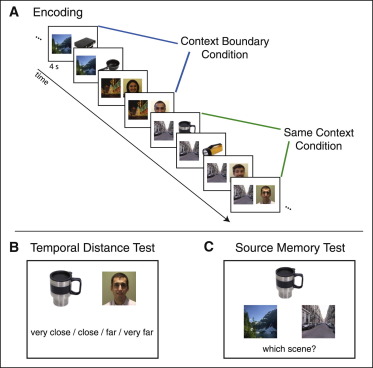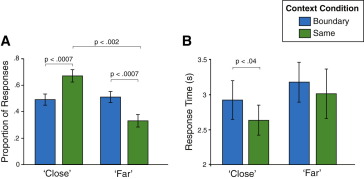In most working-memory tasks, a person is given a list and is asked to recall it in various manners. For example, they could recall it forwards, backwards, freely or try to recall a specific item given it's position.
However, has there been any tests where temporal information is emphasized? For example, consider the scenario where there is 1 second between the presentation of the first and second item in the list, but 2 seconds between the second and third items in the list. I could then ask the person which item was temporally closer to the second item in the list.
Has there been any Working Memory research of this temporal nature?

